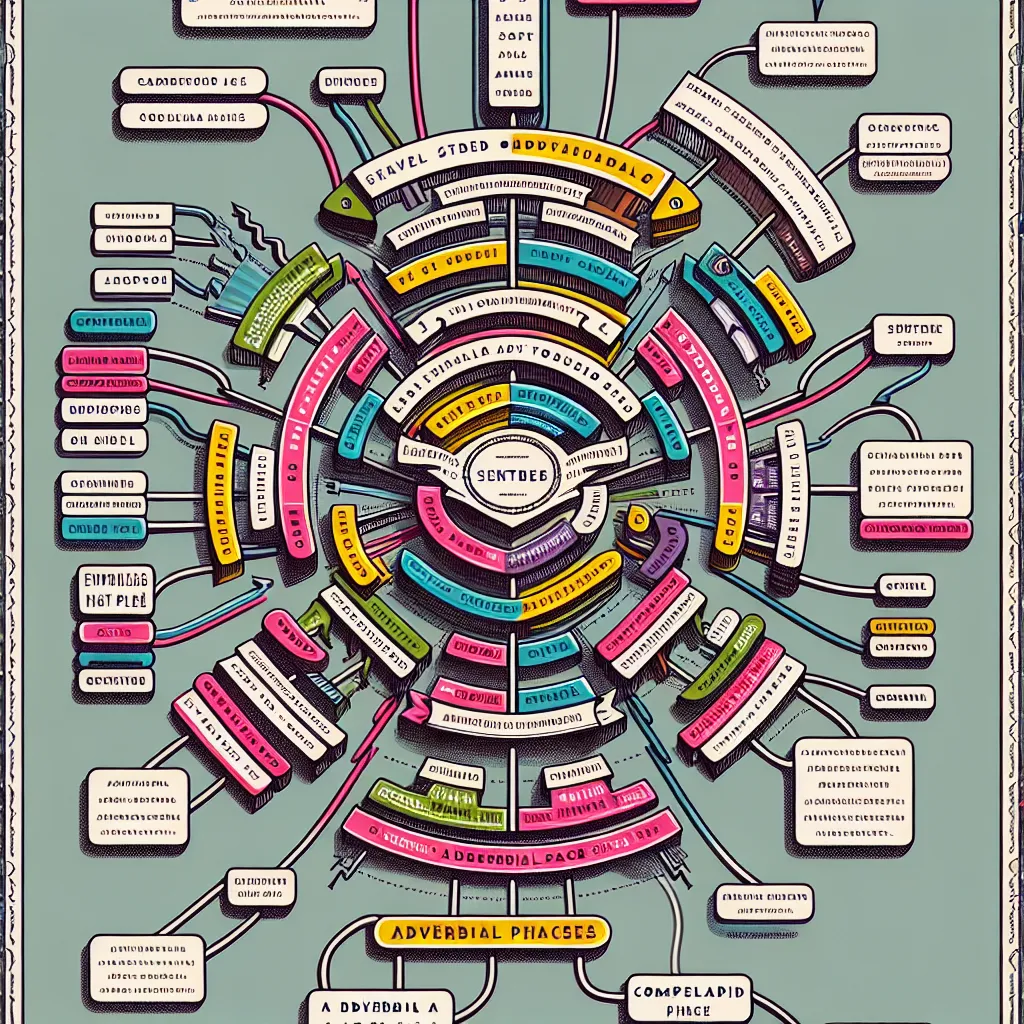Subject-verb agreement is a fundamental aspect of English grammar that can significantly impact the clarity and correctness of your writing. Whether you’re preparing for an English exam or simply aiming to enhance your overall language proficiency, mastering subject-verb agreement is crucial. In this comprehensive guide, we’ll explore effective strategies to improve your subject-verb agreement skills, providing you with practical tips and examples to boost your confidence in using English grammar correctly.
Understanding Subject-Verb Agreement
Subject-verb agreement refers to the rule that the subject and verb in a sentence must agree in number. This means that a singular subject requires a singular verb form, while a plural subject needs a plural verb form. While this concept may seem straightforward, it can become challenging in complex sentences or with certain types of subjects.
Why is Subject-Verb Agreement Important?
Proper subject-verb agreement is essential for several reasons:
- Clarity: It helps convey your message clearly and prevents misunderstandings.
- Professionalism: Correct grammar reflects well on your writing skills and attention to detail.
- Exam Success: Many English language exams, including IELTS and TOEFL, assess grammar accuracy.
 Importance of Subject-Verb Agreement
Importance of Subject-Verb Agreement
Strategies to Improve Subject-Verb Agreement Skills
1. Identify the True Subject
One of the most common mistakes in subject-verb agreement occurs when writers fail to identify the true subject of the sentence. This is particularly challenging with compound subjects or when there are intervening phrases between the subject and verb.
Example:
Incorrect: The box of chocolates are on the table.
Correct: The box of chocolates is on the table.
In this case, “box” is the subject, not “chocolates,” so the singular verb “is” is correct.
2. Be Cautious with Indefinite Pronouns
Indefinite pronouns like “everyone,” “someone,” “nobody,” and “each” are typically singular and require singular verbs.
Example:
Incorrect: Everyone are excited about the party.
Correct: Everyone is excited about the party.
3. Pay Attention to Collective Nouns
Collective nouns (e.g., team, family, committee) can be tricky. In American English, they are usually treated as singular, while in British English, they can be singular or plural depending on whether the group is considered as a unit or as individuals.
Example (American English):
The team is playing well this season.
Example (British English):
The team are arguing among themselves. (Emphasizing individuals)
The team is performing well. (Emphasizing the unit)
4. Practice with Compound Subjects
When two subjects are joined by “and,” they usually require a plural verb. However, when joined by “or” or “nor,” the verb should agree with the subject closest to it.
Example:
Neither the students nor the teacher was late for the class.
The students and the teacher were excited about the field trip.
5. Be Aware of Subjects That Are Always Plural
Some nouns, like scissors, pants, and glasses, are always plural and require plural verbs.
Example:
My new scissors are very sharp.
6. Use Online Resources and Grammar Checkers
While not infallible, online grammar checkers can be useful tools for identifying potential subject-verb agreement errors. Websites like Grammarly or Hemingway Editor can help you spot mistakes you might have missed.
 Online Grammar Resources
Online Grammar Resources
7. Read Extensively
Reading high-quality English materials, such as reputable news articles, academic journals, or classic literature, can help you internalize correct subject-verb agreement patterns. Pay close attention to how skilled writers handle complex sentences and agreements.
8. Practice with Exercises
Regular practice is key to improving your subject-verb agreement skills. You can find numerous exercises online or in grammar workbooks. Websites like Learn English offer a variety of grammar exercises tailored to different proficiency levels.
9. Learn Common Exceptions
Familiarize yourself with common exceptions to subject-verb agreement rules. For example:
- “News” is singular: The news is good today.
- “Mathematics” is singular: Mathematics is my favorite subject.
- Some nouns ending in -s can be singular or plural: The species is/are endangered.
10. Seek Feedback
If possible, have a native English speaker or a qualified teacher review your writing. They can provide valuable feedback on your subject-verb agreement usage and help you identify patterns in your mistakes.
Common Pitfalls to Avoid
To further improve your subject-verb agreement skills, be aware of these common pitfalls:
- Don’t be misled by phrases between the subject and verb.
- Remember that “each,” “every,” and “many a” are singular.
- Be careful with “either/or” and “neither/nor” constructions.
- Don’t forget that “none” can be singular or plural, depending on the context.
- Pay attention to subjects joined by “as well as,” which doesn’t make the subject plural.
For more tips on avoiding common English mistakes, including subject-verb agreement errors, check out our guide on Tips to Avoid Common English Mistakes.
Next Steps
Now that you’ve learned strategies to improve your subject-verb agreement skills, it’s time to put them into practice:
- Create a study schedule dedicating time to subject-verb agreement exercises.
- Keep a journal of the errors you commonly make and review it regularly.
- Challenge yourself with increasingly complex sentences and texts.
- Consider joining an English language exchange group to practice with others.
- Set specific, measurable goals for improvement and track your progress.
Remember, mastering subject-verb agreement is a gradual process that requires consistent practice and attention to detail. By incorporating these strategies into your English learning routine, you’ll soon find yourself using subject-verb agreement more confidently and accurately in both your writing and speaking.
Improving your subject-verb agreement skills is an essential step towards enhancing your overall English proficiency. Whether you’re preparing for an exam or aiming to communicate more effectively in English, these strategies will help you achieve your language goals. Keep practicing, stay attentive to the language around you, and don’t hesitate to seek help when needed. With dedication and the right approach, you’ll see significant improvements in your subject-verb agreement skills in no time.




